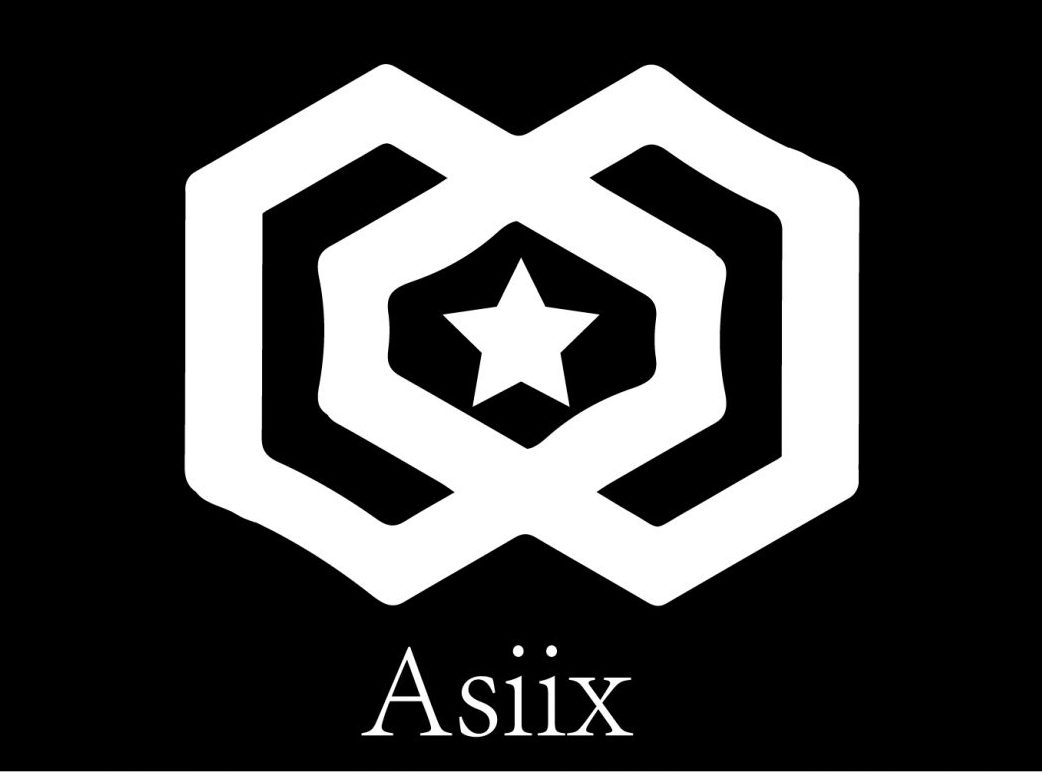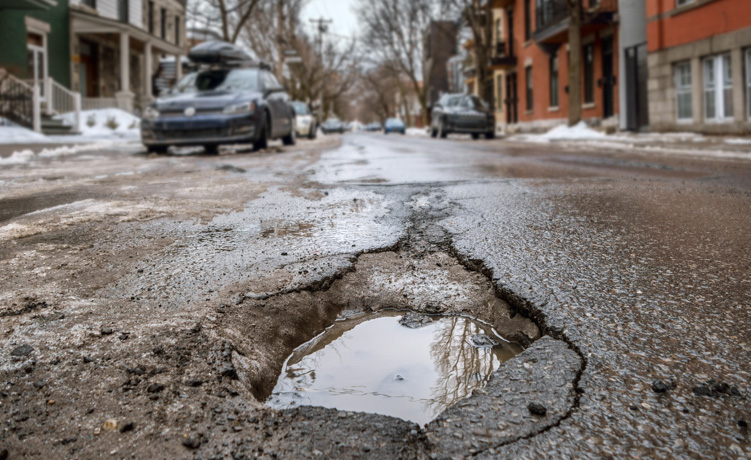The laws and regulations governing co-ownership have resulted in various changes and obligations that are important to know, as are certain particularities relative to condo insurance.
1. Co-ownership building insurance
The syndicate must insure the building, including the units, the same as a homeowner would. The only exception: the improvements that are identifiable from the description of the private portions, which must be covered by the co-owner’s insurance policy.
2. Taking care of damage
Just like a homeowner, the syndicate must take care of any damage to its co‑ownership building, regardless of whether it happened in a common portion or a unit and whether or not it is covered.
3. Absence of coverage, insufficient insurance and decision not to claim
Just like a homeowner, if the syndicate does not have sufficient insurance or is not covered for the damage to the building or if it decides not to submit a claim, it must still have the damage repaired and hire a contractor if necessary. It can also apportion the cost among the co-owners (see point 5).
4. Syndicate’s deductible
This is the amount of a claim payable by the syndicate. The syndicate must cover this amount by withdrawing it from its self-insurance fund or apportioning it among all of the co-owners.
5. Apportioning the repair cost among the co-owners
The syndicate can apportion the amount of the damage not paid by its insurer, including its deductible, among all of the co-owners. And if it decides not to submit a claim, it can apportion the total cost of the damage.
6. Building maintenance
The syndicate is responsible for maintaining the building. In the case of repeated losses, generally caused by poor maintenance or construction, a higher deductible may be imposed until the source of the problems is corrected. This reduces the risk and makes it possible to eventually obtain a more affordable deductible.
7. Self-insurance fund
The syndicate must create a self-insurance fund to, among other things, pay the deductible in the case of a loss. For example, this fund will quickly provide the money needed to repair in the event of a major loss. It will be mandatory beginning April 15, 2022.
The fund amount: It must be equivalent to the highest deductible of the syndicate’s policy (as there may be more than one), with the exception of the flood and earthquake deductible.
8. Recourse against the responsible party
If a co-owner is responsible, the syndicate could sue them to recover the amount of damages not payable by his insurer.
If a third party (a plumber, for example) is responsible, the syndicate could sue them for the portion not payable by his insurer, but also for the total amount of damages instead of claiming.




